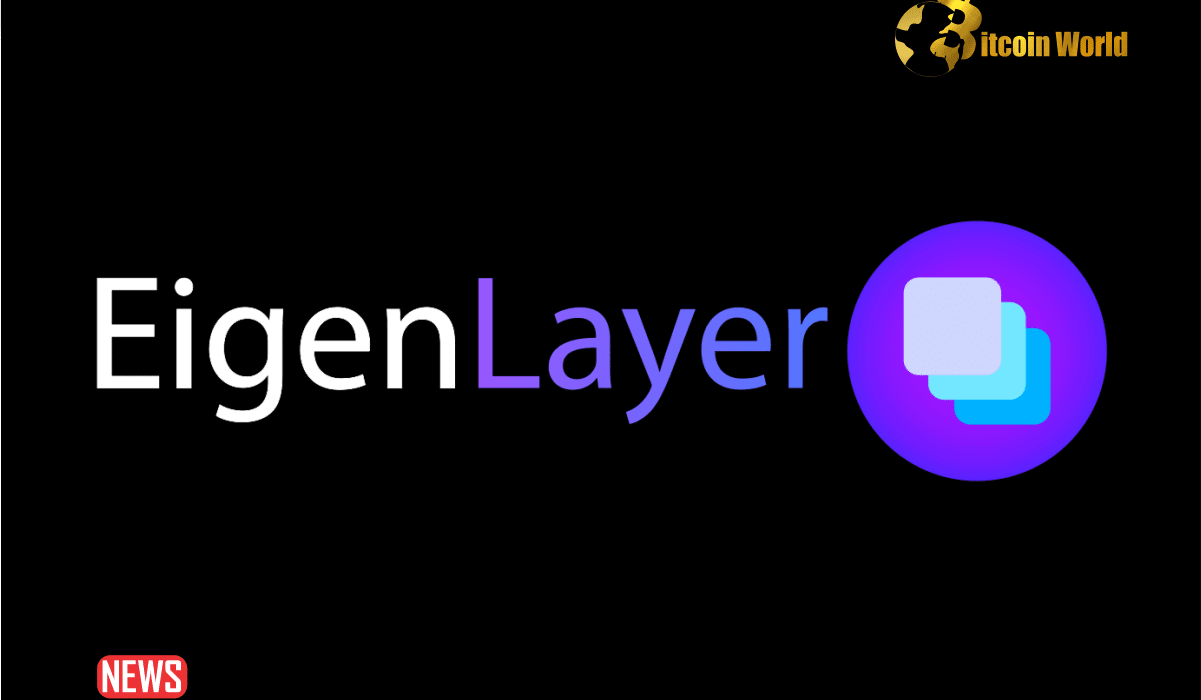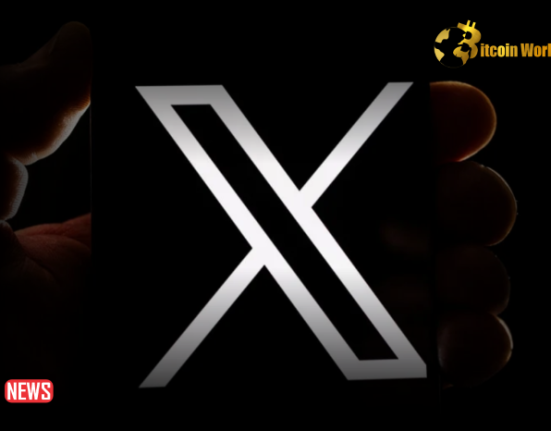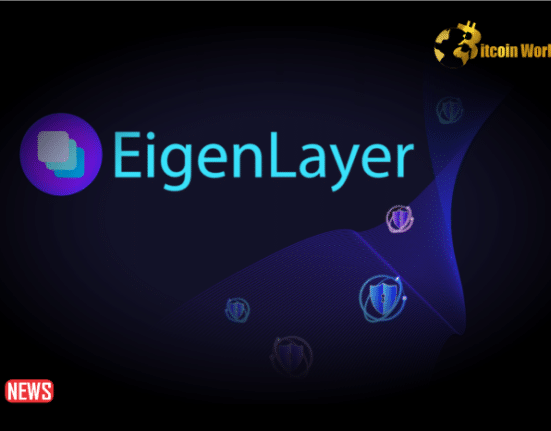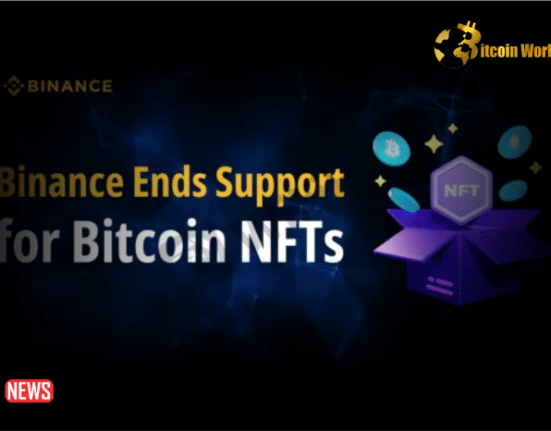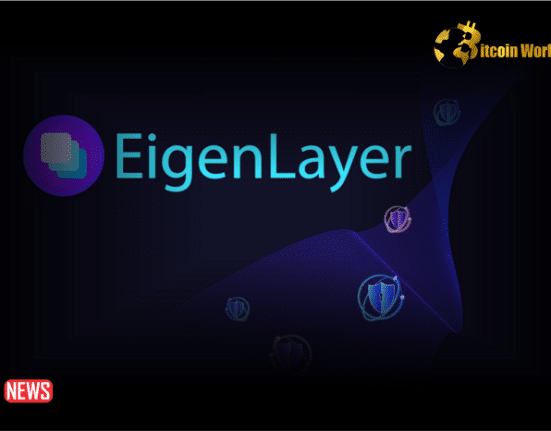- EigenLayer, the pioneering Ethereum restaking protocol, aims to strike a balance between decentralization and neutrality, by lifting all limits on its liquid staking token (LST) pools.
EigenLayer, the pioneering Ethereum staking protocol, has lifted all limits on its liquid staking token pools until 3 PM EST on Feb. 9.
Announced on Feb. 5, the move allows uncapped access to EigenLayer’s nine existing liquid staking token (LST) pools, and coincides with the introduction of support for three new LSTs from Frax, Mantle, and Liquid Collective.
“This unpause marks the temporary removal of TVL caps, paving the way for a future where pauses and caps are lifted permanently,” EigenLayer said.
🟦 EigenLayer Restaking Reloaded! 🟦
From NOW until Feb 9th, 12 PM PT, dive back into the world of LST restaking! All pools are fully uncapped, featuring both the existing pools and welcoming new partners @fraxfinance, @liquid_col, & @0xMantle. pic.twitter.com/yDGHiJjX3m
— EigenLayer (@eigenlayer) February 5, 2024
“This puts the EigenLayer protocol at a critical juncture, seeking to balance neutrality with decentralization over the long-term.”
EigenLayer allows Ethereum stakers to earn additional yield by simultaneously securing third-party Actively Validated Services (AVSs) while also validating the Ethereum network.
Users can participate either by natively restaking Ether or by depositing LSTs into its historically capped pools.
While EigenLayer previously expanded its LST pools by cautiously progressively raising its deposit limits, the protocol has recently enjoyed explosive growth after significantly increasing the caps on its LST pools.
See Also: Ethereum Scaling Protocol AltLayer Airdrops $100M Worth of Tokens
The project currently boasts a total value locked (TVL) of $2.17B, ranking as the 12th-largest DeFi protocol by TVL and the fifth-largest dApp on Ethereum, according to DeFi Llama.
Decentralization vs. Neutrality
EigenLayer accompanied the announcement with a blog post exploring how it can best balance decentralization with neutrality moving forward, proposing several measures intended to navigate said considerations.
The proposed measures include removing all limits on from its pools, removing caps on payments from AVS to restakers, and limiting “protocol incentives and governance at 33% per entity.”
“The aim is to marry the principles of credible neutrality (minimal subjectivity) and decentralization,” EigenLayer said.
“This balance is vital for trust and diversity within the ecosystem, reflecting lessons learned from Ethereum itself.”
EigenLayer also recently expanded the number of LSTs it supports to mitigate its contribution to the significant dominance of Lido’s stETH over the supply of staked Ether.
Disclaimer: The information provided is not trading nor financial advice. Bitcoinworld.co.in holds no liability for any trading or investments made based on the information provided on this page. We strongly recommend independent research and/or consultation with a qualified professional before making any trading or investment decisions.
#Binance #WRITE2EARN

